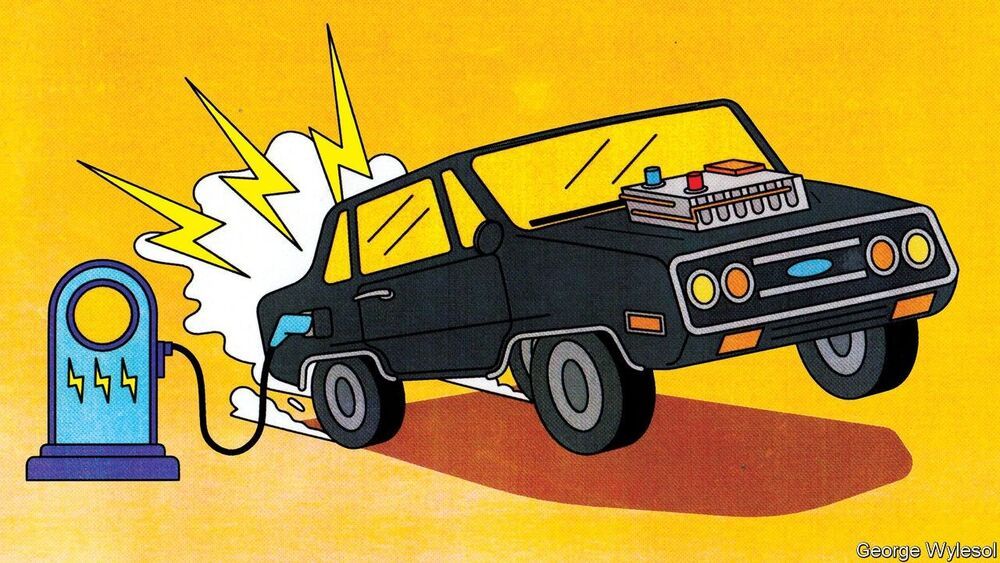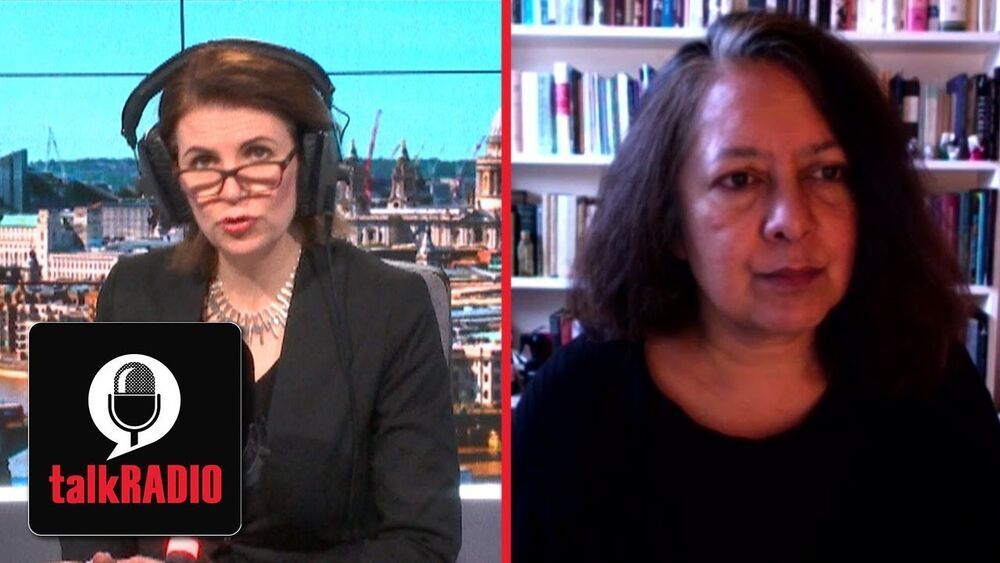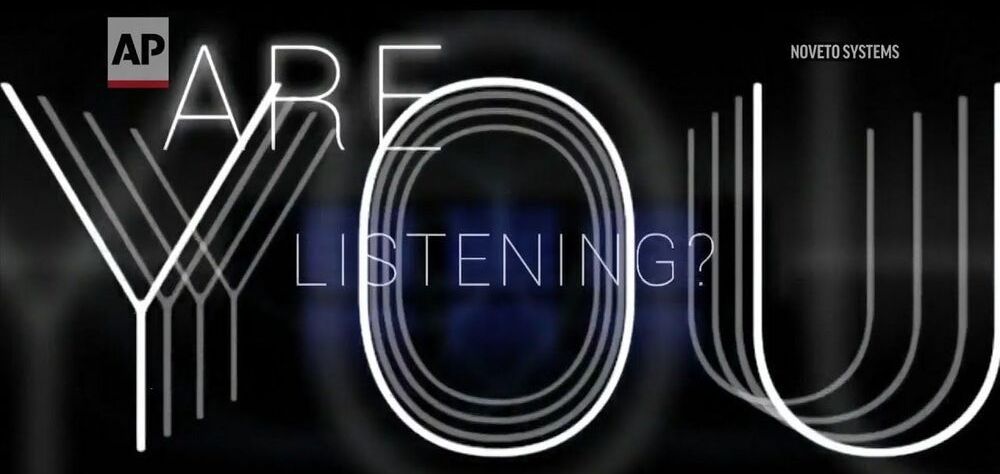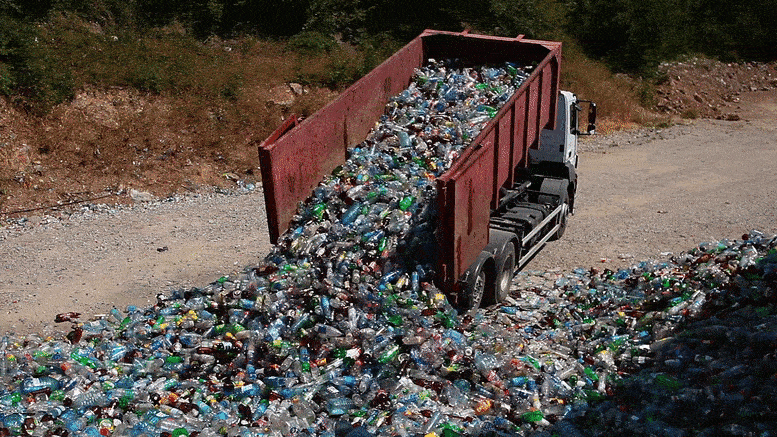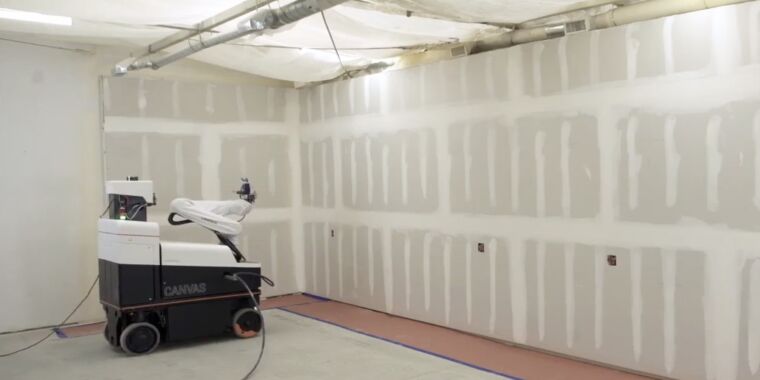If you’re a user of Google’s Messages app on your Android smartphone, then you will now likely have the RCS update intended to bring standard text messaging into the current century. RCS is now available in all major countries except China, Russia and Iran. Building on standard SMS capabilities, this adds chat functionality to compete with WhatsApp and iMessage. But, in truth, it doesn’t compete at all. There’s a glaring issue that doesn’t look like being properly fixed anytime soon. This is now bad enough that you should now go use something else.
The issue, of course, is end-to-end encryption. Six months ago, reports emerged that Google was developing this level of security to upgrade RCS. As of this week, this is now finally available for public beta testing. On the surface, its intent is to deliver Android users with an iMessage alternative. But there is a glaring issue—and it’s a deal breaker. This deployment of end-to-end encryption on RCS is not available for groups—that’s seemingly too complex to handle right now. And there’s also no word yet as to when this limited upgrade might be rolled out.
With that in mind, Android users should opt for a different iMessage-like alternative. Fortunately, there is a simple solution available now. While its standard messenger is not end-to-end encrypted by default, Android offers users the option to select an alternative default messenger that does. Signal is the best secure messenger available. And while its install base is modest in comparison to WhatsApp or iMessage, it’s growing fast.

